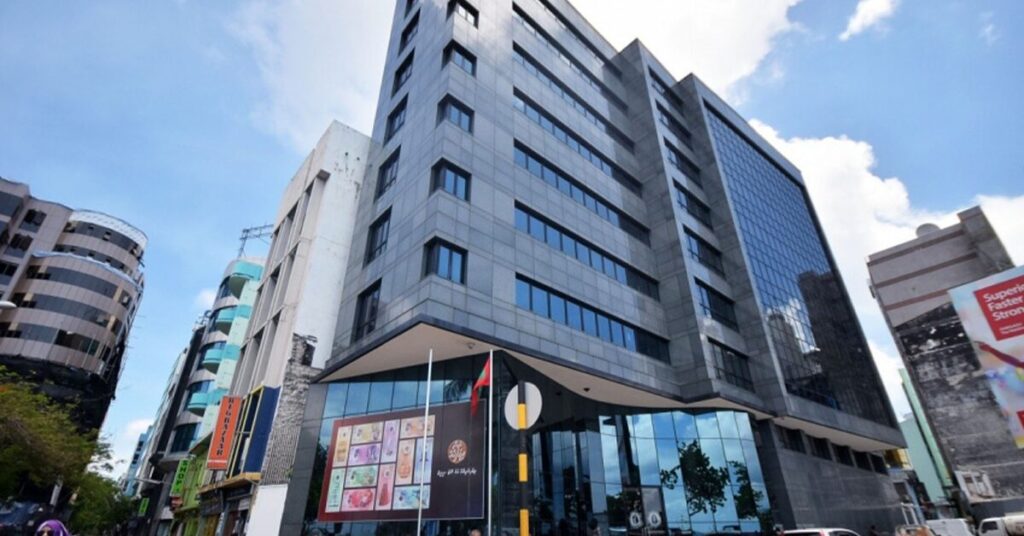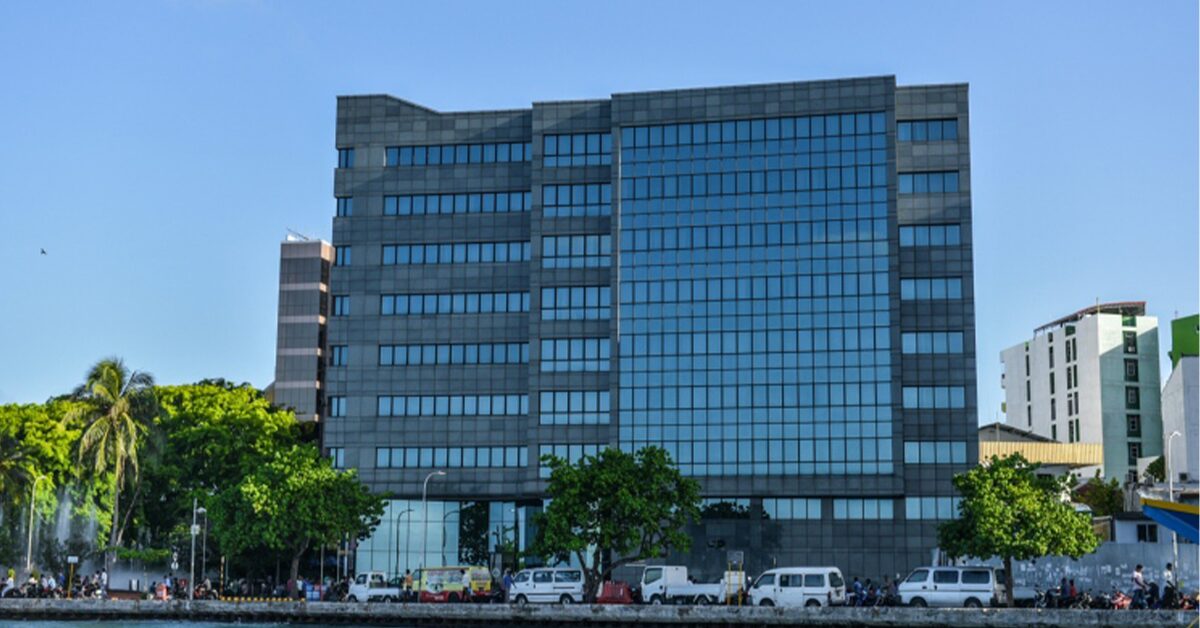The Maldives Monetary Authority (MMA) has unveiled a forward-looking Foreign Exchange Bill, introducing structured measures aimed at enhancing financial stability and promoting transparency within the country’s vital tourism sector. This progressive step reflects the government’s commitment to modernizing foreign exchange management while addressing industry-specific concerns.

Key Highlights of the Bill
The proposed legislation introduces a tiered system for depositing foreign currency earnings, tailored to different types of tourism businesses:
- Mandatory Contributions to Local Banks:
- Category A: Resorts, hotels, and tourist vessels are required to deposit $500 per tourist in a Maldivian bank account.
- Category B: Guesthouses must contribute $25 per tourist per month, ensuring even small-scale operators contribute to the national financial system.
- Businesses earning over $20 million annually will only need to deposit a capped 25% of their foreign exchange earnings, offering flexibility for larger enterprises.
- Practical Exemptions:
- Tourists stayed for less than 24 hours.
- Children under the age of two years.
- Complimentary stays, ensuring fairness and practicality in implementation.
- Revised Hotel Classification:
- Hotels with fewer than 50 beds will now align with Category B, streamlining regulatory compliance.
Aligning Growth with Transparency
The bill includes safeguards to address the concerns of tourism stakeholders while reinforcing the government’s efforts to curb financial leakages. By restricting the use of foreign currency for transactions within the Maldives, the policy encourages greater reliance on the local banking system, supporting economic stability and growth.
Presidential Endorsement and Industry Impact
President Dr. Mohamed Muizzu has championed the reforms, emphasizing their role in strengthening the financial framework of the Maldives while maintaining the tourism sector’s global competitiveness.
“This bill is a step forward in ensuring our financial systems align with international standards while respecting the unique dynamics of our tourism industry,” President Muizzu stated, reaffirming his commitment to the policy.
A Path Toward a Resilient Economy
The proposed amendments highlight the Maldives’ proactive approach to balancing economic resilience with stakeholder interests. As consultations continue, the bill is expected to pave the way for a sustainable and transparent financial future, positioning the Maldives as a global leader in tourism-driven economic innovation.



